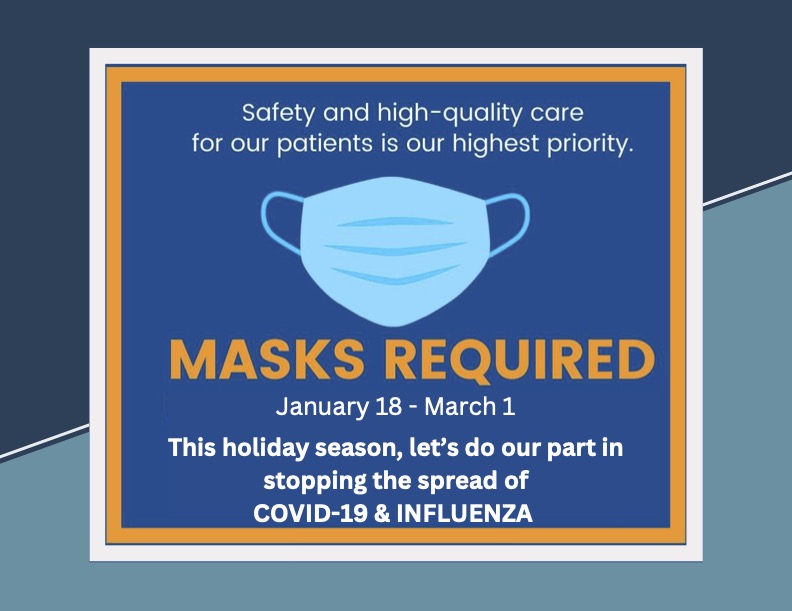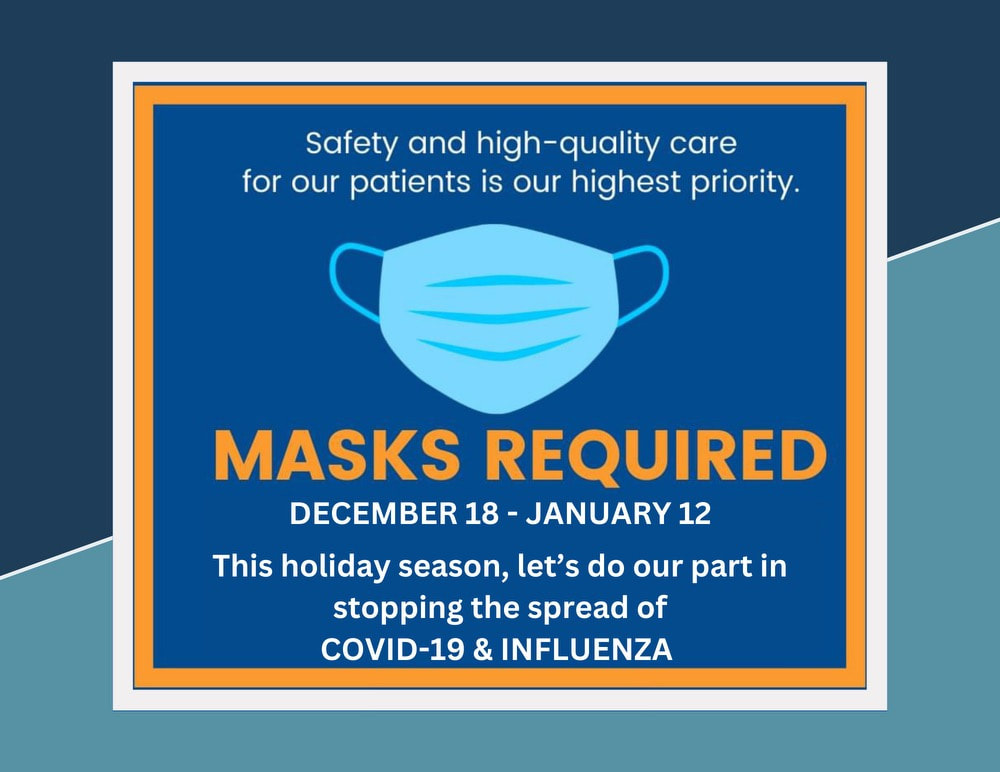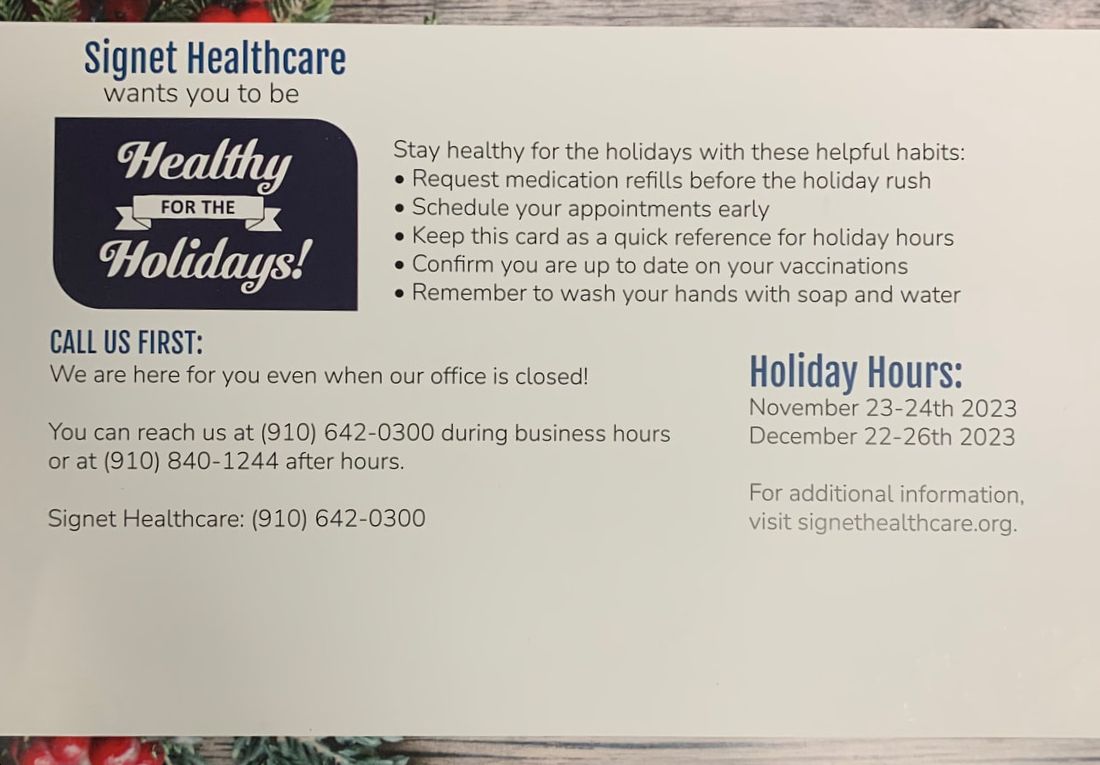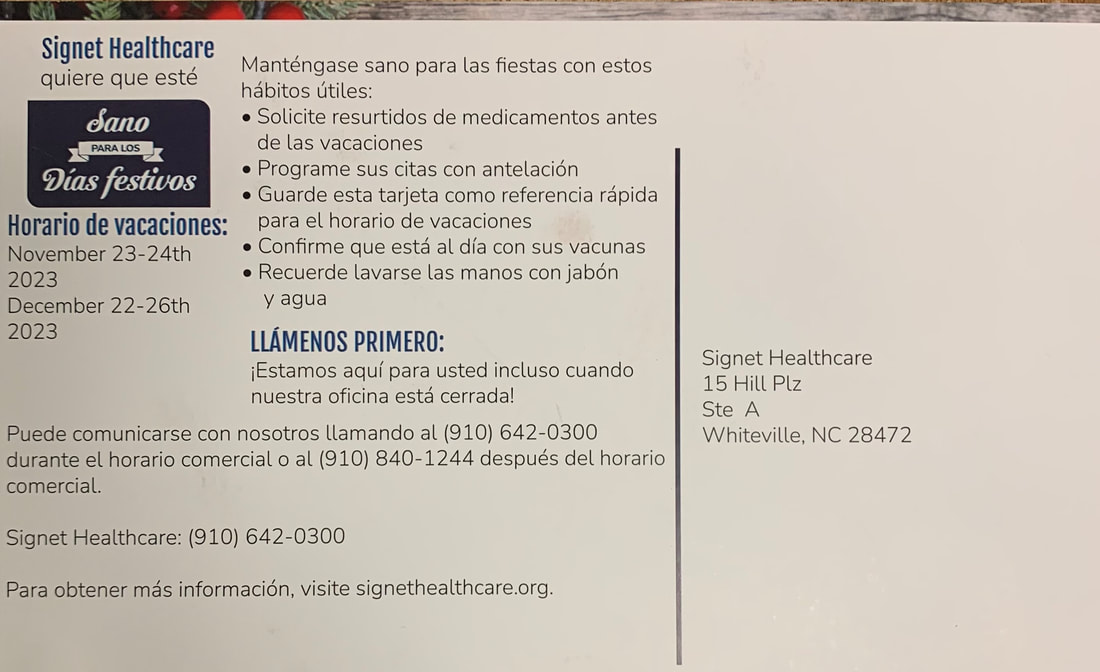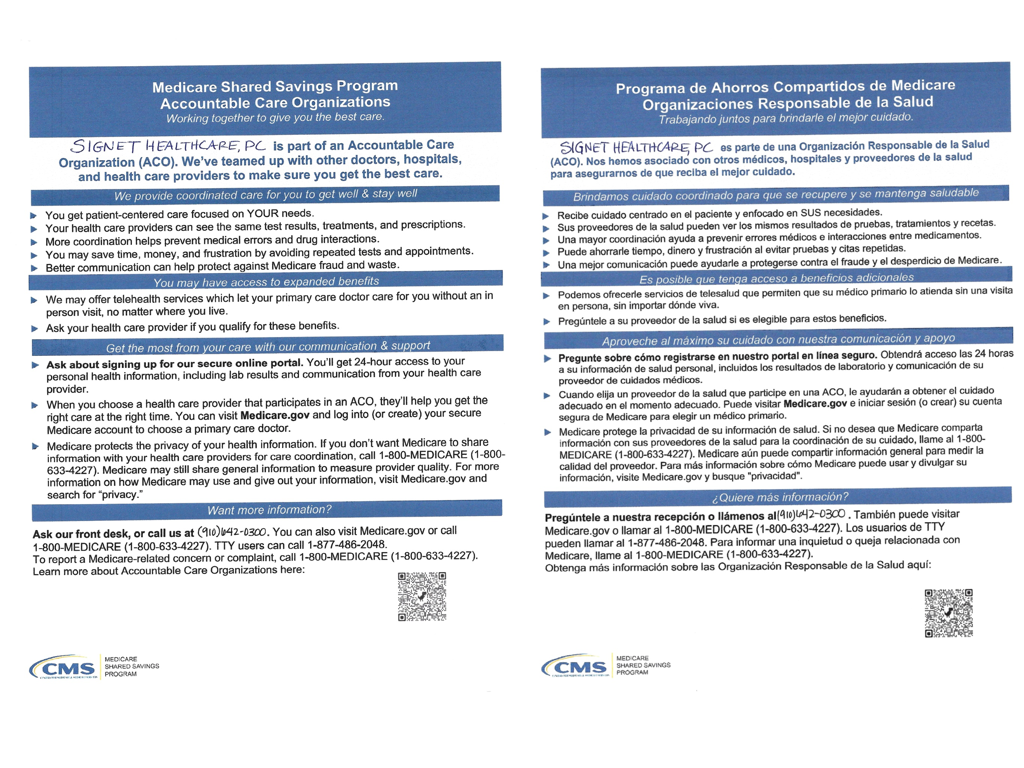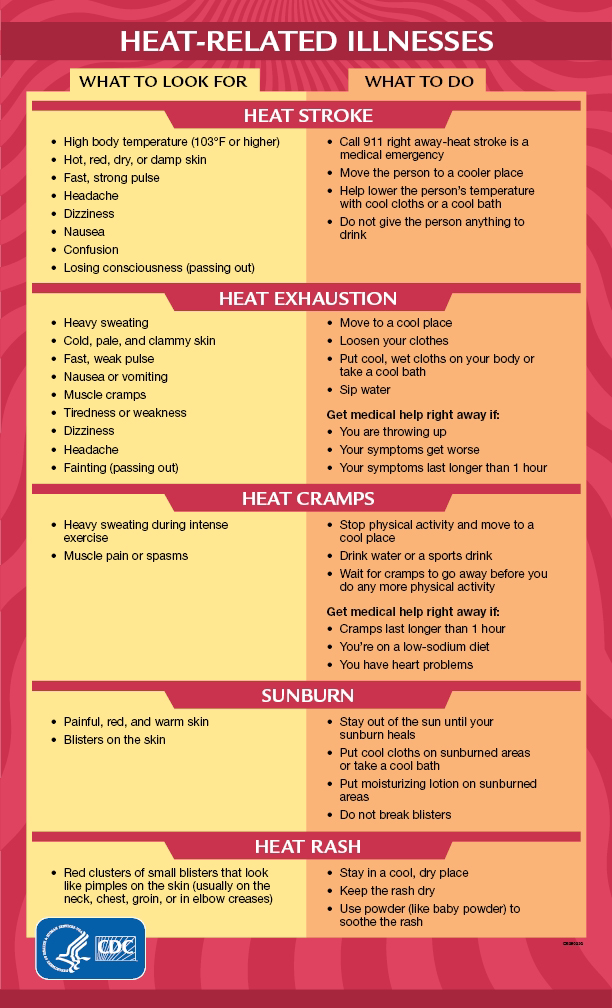|
April is Alcohol Awareness Month, an opportunity to update your knowledge about alcohol use disorder (AUD) and the adverse impact of alcohol abuse and misuse on health and society. Alcohol-related problems continue to take a heavy toll on individuals, families, and communities. Researchers estimate that each year there are more than 178,000 alcohol-related deaths, making alcohol a leading preventable cause of death in the United States. In addition, more than 200 disease and injury-related conditions are associated with alcohol misuse. Drinking too much, on a single occasion or over time, can take a serious toll on your health. Here’s how alcohol can affect your body:
Brain: Alcohol interferes with the brain’s communication pathways, and can affect the way the brain looks and works. These disruptions can change mood and behavior, and make it harder to think clearly and move with coordination. Heart: Drinking a lot over a long time or too much on a single occasion can damage the heart, causing problems including:
Heavy drinking takes a toll on the liver, and can lead to a variety of problems and liver inflammations including:
Alcohol causes the pancreas to produce toxic substances that can eventually lead to pancreatitis, a dangerous inflammation in the pancreas that causes its swelling and pain (which may spread) and impairs its ability to make enzymes and hormones for proper digestion. Cancer: According to the National Cancer Institute: "There is a strong scientific consensus that alcohol drinking can cause several types of cancer. In its Report on Carcinogens, the National Toxicology Program of the US Department of Health and Human Services lists consumption of alcoholic beverages as a known human carcinogen. "The evidence indicates that the more alcohol a person drinks–particularly the more alcohol a person drinks regularly over time–the higher his or her risk of developing an alcohol-associated cancer. Even those who have no more than one drink per day and people who binge drink (those who consume 4 or more drinks for women and 5 or more drinks for men in one sitting) have a modestly increased risk of some cancers. Based on data from 2009, an estimated 3.5% of cancer deaths in the United States (about 19,500 deaths were alcohol related." Clear patterns have emerged between alcohol consumption and increased risks of certain types of cancer:
Immune System: Drinking too much can weaken your immune system, making your body a much easier target for disease. Chronic drinkers are more liable to contract diseases like pneumonia and tuberculosis than people who do not drink too much. Drinking a lot on a single occasion slows your body’s ability to ward off infections – even up to 24 hours after getting drunk. For this and additional information, please visit the National Institute on Alcohol Abuse & Alcoholism (NIAAA) online. March is National Colorectal Cancer Awareness Month. Colorectal cancer is the second leading cause of cancer-related death in the United States, after lung/bronchus cancer. In 2002, a total of 139,534 adults in the United States had colorectal cancer diagnosed, and 56,603 adults died from colorectal cancer. The impact of colorectal cancer can be lessened through regular screening, which has been shown to reduce incidence and mortality. CDC directly supports National Colorectal Cancer Awareness Month through its Colorectal Cancer Prevention and Control Initiative, which includes "Screen for Life: National Colorectal Cancer Action Campaign" (SFL), research related to colorectal cancer prevention and control, and activities aimed at increasing colorectal cancer screening. CDC and other public health agencies encourage all persons aged >50 years in the United States to discuss colorectal cancer screening options with their health-care providers. Health consumers can learn more about preventing colorectal cancer through routine screening by becoming familiar with the SFL campaign, which is designed to provide clear and concise information about colorectal cancer screening to adults aged >50 years. Additional information regarding the SFL campaign and CDC's national colorectal cancer prevention programs is available at http://www.cdc.gov/colorectalcancer. Released by CDC
Monday, February 5, 2024 The Centers for Disease Control and Prevention’s (CDC) Tips From Former Smokers® (Tips®) campaign returns today with new ads to encourage people to quit smoking. This year, seven new people are featured in the ads sharing their stories about how cigarette smoking and smoking-related diseases have negatively impacted their lives. Many of this year’s new ads include messaging about the harms of menthol cigarettes, which can contribute to tobacco-related health disparities. Menthol in cigarettes can make it easier to start smoking and harder to quit. The Tips campaign promotes messages and free resources to help adults quit smoking. Year after year, the campaign has proven its effectiveness and has saved lives and money by helping more than one million U.S. adults to quit smoking and inspiring millions more to try to quit. Real people, real stories inspire people to quit smoking Tips tells the stories of more than 45 brave people from different backgrounds who have been impacted by the serious long-term health effects from smoking and secondhand smoke exposure. New 2024 ads feature the following people:
Tips is the first federally-funded national tobacco education campaign. It uses multi-media platforms to increase the reach of quit smoking messages. Tips ads will run nationally on broadcast and cable TV, and on digital and social media channels. Additional ads will be placed to reach specific audiences including people who are African American, American Indian, Alaska Native, Hispanic/Latino, Asian, Native Hawaiian and other Pacific Islanders, LGBTQ+, and deaf or hard-of-hearing. Menthol cigarettes contribute to tobacco-related health disparities in the United States Though fewer people in the U.S. smoke cigarettes now than in recent decades, the use of menthol cigarettes among people who smoke has increased. This includes groups that already have higher percentages of tobacco use and tobacco-related health problems. Tobacco companies add menthol to make their products seem less harsh and more appealing to people who have never used cigarettes. Menthol enhances the effects of nicotine on the brain and can make cigarettes even more addictive. People who smoke menthol cigarettes can be less likely to successfully quit than people who smoke non-menthol cigarettes. Young people, racial and ethnic minority groups, LGBTQ+ people, women, people with a low income, and people with mental health conditions are more likely to smoke menthol cigarettes than other groups. Tobacco companies aggressively market menthol-flavored tobacco products to different groups of people, especially people who are African American. This marketing contributes to certain groups being more likely to smoke menthol cigarettes than other groups. Quitting is possible and free resources are available The Tips campaign promotes free resources to help adults quit smoking. Quitting smoking is beneficial at any age and is one of the most important steps people can take to improve their health. For free quit smoking resources and more information about the Tips campaign, including links to the ads, visit www.cdc.gov/Tips. Stress and depression can ruin your holidays and hurt your health. Being realistic, planning ahead and seeking support can help ward off stress and depression.
Tips to prevent holiday stress and depression When stress is at its peak, it's hard to stop and regroup. Try to prevent stress and depression in the first place, especially if the holidays have taken an emotional toll on you in the past.
Take control of the holidays Don't let the holidays become something you dread. Instead, take steps to prevent the stress and depression that can descend during the holidays. Learn to recognize your holiday triggers, such as financial pressures or personal demands, so you can combat them before they lead to a meltdown. With a little planning and some positive thinking, you can find peace and joy during the holidays. This article and other related articles can be found at mayoclinic.org Beginning July 1, 2022, copays for certain services that were previously eligible for $2 or $3 copays will now be a $4 copay. The change only applies to services and beneficiaries who previously were charged copays. This increase is in accordance with a statewide decision passed by the North Carolina General Assembly. We encourage all patients to visit the following link for more information and to see how this increase will affect you.
Heat-related deaths and illnesses are preventable. Despite this fact, more than 600 people in the United States are killed by extreme heat every year. The CDC has provided helpful tips, information, and resources to help you stay safe in the extreme heat this summer. Tips for Preventing Heat-Related Illness Stay Cool Stay Hydrated Stay Informed Stay Cool Wear Appropriate Clothing: Choose lightweight, light-colored, loose-fitting clothing. Stay Cool Indoors: Stay in an air-conditioned place as much as possible. If your home does not have air conditioning, go to the shopping mall or public library—even a few hours spent in air conditioning can help your body stay cooler when you go back into the heat. Call your local health department to see if there are any heat-relief shelters in your area.
Pace Yourself: Cut down on exercise during the heat. If you’re not accustomed to working or exercising in a hot environment, start slowly and pick up the pace gradually. If exertion in the heat makes your heart pound and leaves you gasping for breath, STOP all activity. Get into a cool area or into the shade, and rest, especially if you become lightheaded, confused, weak, or faint. Wear Sunscreen: Sunburn affects your body’s ability to cool down and can make you dehydrated. If you must go outdoors, protect yourself from the sun by wearing a wide-brimmed hat, sunglasses, and by putting on sunscreen of SPF 15 or higher 30 minutes prior to going out. Continue to reapply it according to the package directions.
Stay Hydrated Drink Plenty of Fluids: Drink more fluids, regardless of how active you are. Don’t wait until you’re thirsty to drink.
Stay Informed Check for Updates: Check your local news for extreme heat alerts and safety tips and to learn about any cooling shelters in your area. Know the Signs: Learn the signs and symptoms of heat-related illnesses and how to treat them (see chart below). Use a Buddy System: When working in the heat, monitor the condition of your co-workers and have someone do the same for you. Heat-induced illness can cause a person to become confused or lose consciousness. If you are 65 years of age or older, have a friend or relative call to check on you twice a day during a heat wave. If you know someone in this age group, check on them at least twice a day. Monitor Those at High Risk: Although anyone at any time can suffer from heat-related illness, some people are at greater risk than others:
For more information on this, visit CDC.GOV
|
|
Proudly powered by Weebly
